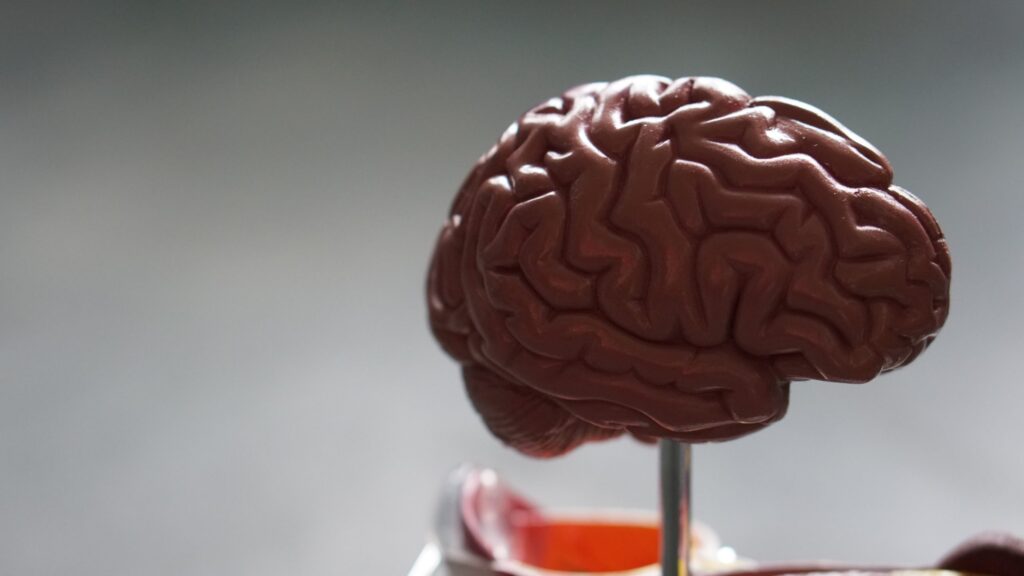
Photo by Robina Weermeijer on Unsplash
Episode Summary
When we say we love someone, we place our hand over our chest. When someone is full of positivity and kindness, we say they are warmhearted. When we experience grief, we say we are brokenhearted. How did this inherent correlation between the mind and the heart arise, and why do we associate so many traits with one organ?
To explore the heart-mind connection, I am joined by Dr. Jonathan Fisher. Jonathan is among the most qualified to discuss the link between the heart and the brain. Having overcome extreme loss, clinician burnout, anxiety, and depression in his own life, he now serves patients and workplaces as a cardiologist and wellbeing leader.
“The science of mental and emotional flourishing directly supports our physical health… I try to bring this to my colleagues, whether we’re talking about emotions of love, experience of empathy, compassion or gratitude.”
As Jonathan describes, emotions simply originate as signals for the brain to interpret. Most sensations travel from the body via the vagus nerve, causing the brain to release neurochemicals like epinephrine, dopamine, or cortisol. These hormones have physical effects on our respiration, digestion, and, of course, our cardiovascular system. Finally, in response to the physical symptoms, our behavior changes.
“The brain does not feel. If you’re saying something warm to me… I’m not having a feeling in my left prefrontal cortex right now. There’s no sensation that’s there. There’s information, there’s signaling that’s happening. What I am experiencing though, is in my body.”
Instead, we feel our heart flutter when we are excited. When we watch a scary movie, our heart pounds in our chest. Because of this bidirectional pathway between our brain and our heart, we can calm our physical symptoms by controlling our emotions, and vice versa. Listen to the full episode to learn more about mindfulness strategies and the heart-mind connection.
Here are the details of our conversation:
[00:01:23] Jonathan’s personal experience with the heart-mind connection and healthcare
[00:06:41] Jonathan’s path into wellbeing and teaching
[00:10:54] The history of the mind-heart connection
[00:13:29] The bidirectional pathway between the brain and the heart
[00:18:56] Mindfulness practices for calming anxiety
[00:21:53] Traits of the heart
[00:26:53] Interconnectedness between hearts
[00:29:58] The effect of the heart-mind connection in community
[00:31:05] Practicing kindness toward yourself
Episode Notes
About Jonathan:
Jonathan Fisher, MD, FACC, is a cardiologist, certified mindfulness teacher, and well-being and resiliency leader at Novant Health, supporting a team of 38,000. He is also the founder of Mind Heart Now LLC, delivering keynotes and workshops on mindfulness, stress mastery, total well-being, and heart-centered leadership for teams and organizations globally including IBM, Bank of America, IE Business School (Madrid), the American College of Lifestyle Medicine, and many others.
He is a founding board member of The Charlotte Center for the Humanities and Civic Imagination; co-founded the Ending Clinician Burnout Global Community; and organized the world’s first global summit dedicated to ending clinician burnout, with over a thousand participants from 43 countries.
Dr. Fisher completed his medical training at Mt. Sinai School of Medicine in New York City and Harvard University.
He lives in Charlotte with his wife, Julie, their three teen-aged children, and two doodle dogs, Cosmo and Hugo.
Dr. Fisher’s mission is to help others harness the power of the mind-heart connection to create a kinder, more compassionate world.
Links:
Connect with Jonathan on LinkedIn at https://www.linkedin.com/in/happyheartmd/
Visit Jonathan’s website, https://www.drjonathanfisher.com/
Order Just One Heart: A Cardiologist’s Guide to Healing, Health, and Happiness at https://a.co/d/31aUl69